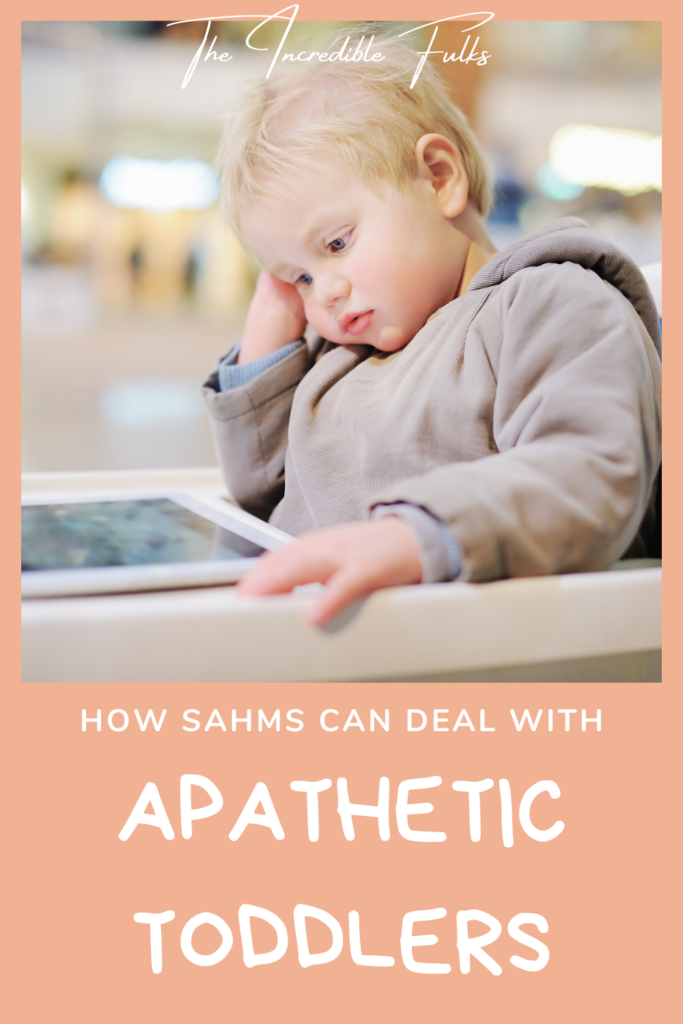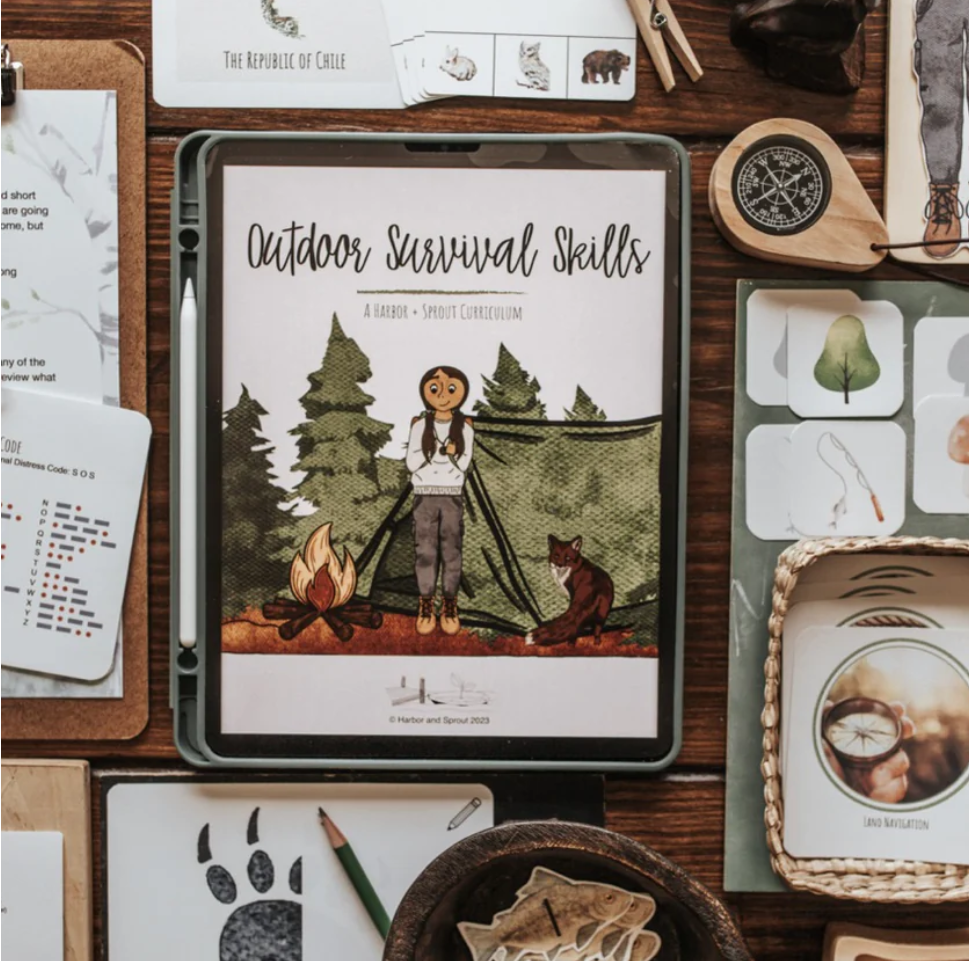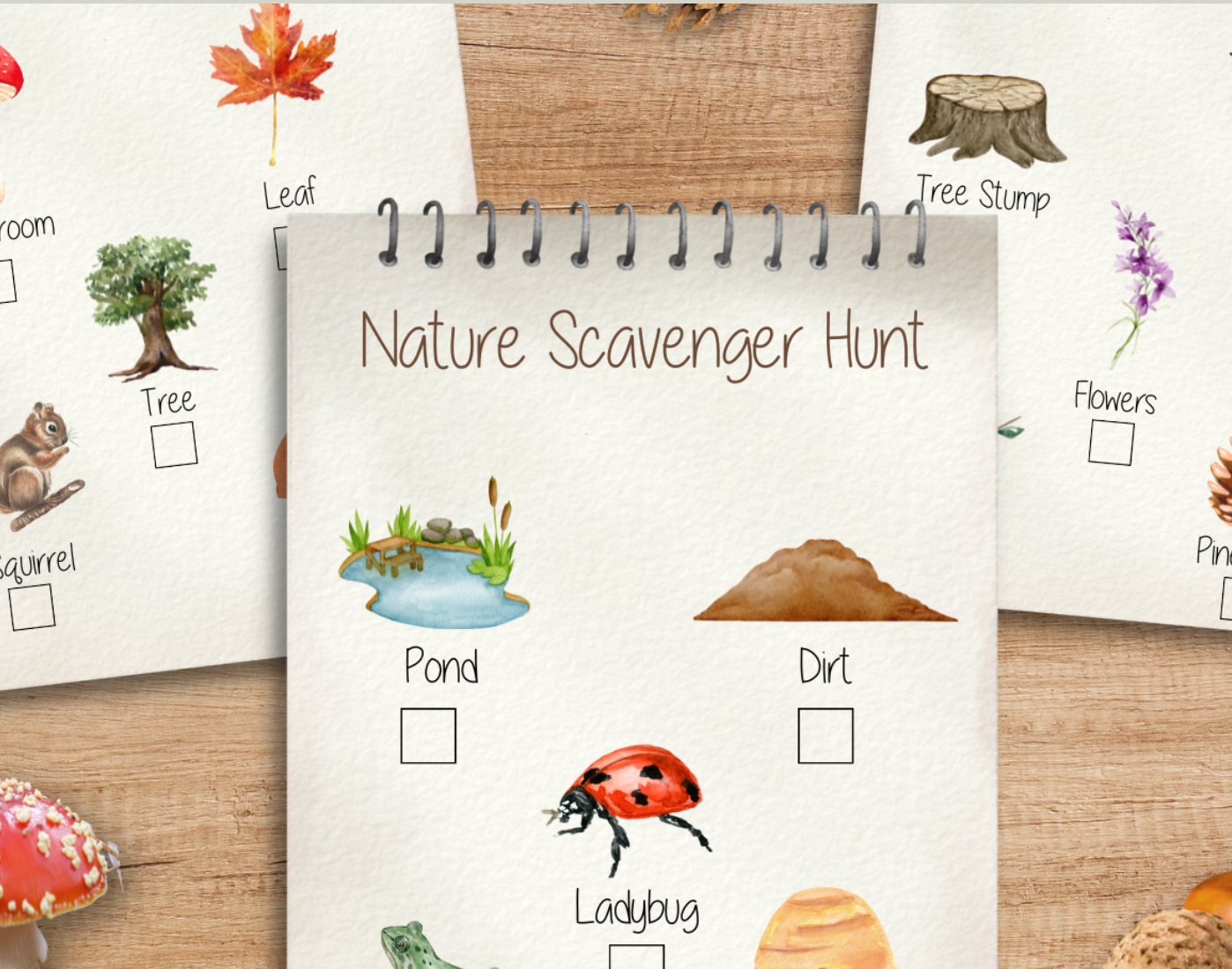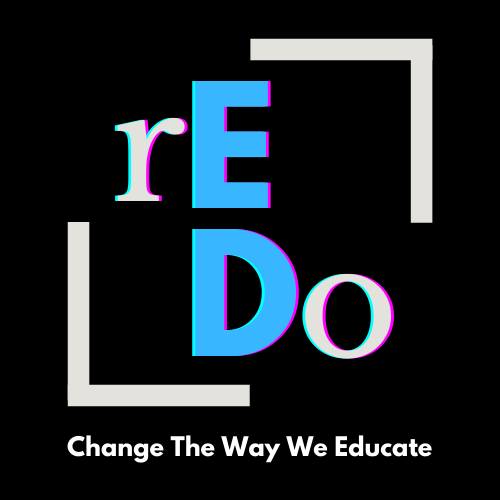Welcome back to my next article getting into toddler homeschooling. This is a big one. Physical Activity! Our bodies are the starting points for all learning. From the moment you are born, your body is feeling and experiencing so much. It is from the body that our brain learns all that it does in the early years. Our bodies affect cognitive and emotional growth too, which is why it is so important to include in your homeschool. Physical activity should be incorporated daily into your homeschool to keep your toddler active, healthy, and happy.
When kids become apathetic to physical activity, they usually learn it from examples around them. So the best way to solve this problem, is to get moving yourself! So let's get into how you can do this.
Don't forget to read my other articles on Toddler Homeschooling like my recent post, How Moms Can Encourage Exploration in Clingy Toddlers
1. Daily Movement Sessions
Find or schedule a time every day to focus on moving. It can be something formal like a yoga lesson or sport, or it can be something informal like a random dance party. There are lots of fantastic video resources for this on YouTube. Our favorite to use with our big kids is Cosmic Yoga. For our littles, we love Jack Hartmann.
2. Obstacle Courses
This is a favorite in our home because you can make an obstacle course out of anything, anywhere. My kids' favorite items to use are pillows, blankets, books, and toys. They will spread them out through the living room and run and jump over each item. They will occasionally build a blanket tunnel or fort to add to the course also. This will absolutely delight any toddler and encourage problem-solving skills and agility. You can make the course different every time and keep things exciting and challenging for your toddler. It's a classic for a reason.
3. Nature Walks
Nature walks are a great resource that will not only improve your physical health, but your emotional an mental health too. To keep things physical and encourage exercise, find a nature walk with some challenge such as uneven ground, hills, mountains, sand, or off the beaten path trails. This can really challenge your toddler's physical abilities like balance, while also improving their muscular strength and stamina. While you're outside, you can add some science to the activity by collecting objects from nature and talking about the things you see and find.
Harbor and Sprout has an entire month long unit study that is for children 3-12 years old that would be a great start for toddler homeschool! It is comprehensive and covers 9 core subjects! It comes with 4 different levels so you can even use it with other kids or use again the next year when your toddler is ready for a deeper lesson. Use code INCREDIBLE for 10% off.
For safety, be sure you let someone else know where you will be, bring along a simple first aid kit, and pay close attention to your child and the things they pick up.
This unit study features 4 weeks of lesson plans and materials covering all 9 of our core subjects and a playful supplemental section of thematic activities. This unit study is meant for use by children ages 3-12.
4. Active Playdates
Play dates! When toddlers start to realize there are others in the world that are like them, it opens a whole new category of fun. Naturally, toddlers will want to sit and just pass things back and forth with others. For more to happen, it usually requires some sort of organized activity. This can include games like tag, musical chairs, freeze dance, soccer, or other team sports. This can be a stepping stone into teamwork and social interaction for many toddlers too. Group activities are sometimes the only way toddlers will do anything you tell them. Toddlers want to have fun, and they want to be included. Not just included, but they want to be the center of attention. So when they see others having fun and others getting attention, they want to join in more. Play dates can be a great avenue to many lessons, including physical activity.
5. Interactive Games
As I said above, when toddlers see others having fun and getting attention, they will rarely resist wanting to join in too. When it comes to games, it is a great way to create some physical activity. Because of a toddlers small size, it can be easy to play games either inside or outside. My 2 favorite go to games for physical activity are Simon Says and musical chairs. Another is Red light Green Light. Kids LOVE these games because it gives them a rush to not know when they will get caught. You can have so much fun with games like these, plus you are teaching your child how to follow directions better and improve their listening skills.
You can also do a scavenger hunt! Toddlers love to search for things and experience the rush of finding something. Try these nature scavenger hunt cards from FTLOH! Use code INCREDIBLE for 10% off!
These Nature Scavenger Hunt Cards are such a fun thing to bring on a walk. Your child will have so much fun searching for all the nature things on the cards.
6. Incorporate Chores
Chores! Toddlers have yet to realize that chores are tedious and tiresome. So use that to your advantage. Give your toddler chores to do with you such as sweeping, picking up objects, setting the table, and watering plants. These things require physical focus on the task in order to accomplish it. Watch as your toddler struggles and works to hold a broom twice their size. And let me tell you, many toddlers WILL NOT give up until they think they have accomplished sweeping. They could be dripping sweat from trying to balance a broom, and they will keep trying. Toddlers have a great desire to do ‘grown' things, and this can translate to a physical activity in your homeschool.
7. Rhythmic Activities
Basically, dance! Physical activity doesn't require any tools or equipment. All you need is a beat. You can encourage clapping, drumming on their body, or just simple dance moves. These not only improve their motor skills, but it works on their coordination and understanding of rhythm and sequence. Basically, it helps them not just physically, but cognitively. Just put on some good grooves, and get to movin!
8. Balance Activities
Balance is not often on parent's radar when it comes to homeschool, but it really does A LOT for a child's body. Adding balance work to your daily routine will improve your child's core strength, coordination, and focus. You can do this by using natural balance beams like logs, or parking blocks. You can play hopscotch, planks, hand stands, or even just balance on one foot! Try out this balance beam AND obstacle course that you use inside or out. Plus it can easily disassemble for storage between play time.
he wooden balance beam allows children to freely exercise their imagination freely, independently explore and create different shapes of balance beams as obstacle course games. It is an excellent and fun tool to help children with balance training and hand-eye coordination, making it a great addition to any children's toy collection.
9. Encourage Free Play
Free play is fun play! For this, it is better to be outside, as being inside usually encourages sedentary play. More often than naught though, when given the chance to play however they want, toddlers will become very active. They will climb, jump, and run any where they can. They are able to discover and explore all the things their bodies can do on their own and in an unstructured way. This is a natural way to develop physical skills.
Safety First
Safety should always be prioritized in every situation. Be sure you are dressing your child in the appropriate attire for the activity planned. Wearing a big fluffy tule dress when going on a nature walk through the woods is just not a good idea. Also be sure that the play areas are free from hazards and supervise your toddler closely to be able to respond quickly to any accidents or injuries.
Incorporating physical activity into your toddler's homeschooling routine is not just about keeping them physically fit; it's about laying the groundwork for a lifetime of healthy habits. Through active play and structured movement, toddlers learn about their bodies, develop essential motor skills, and, of course, have fun. By fostering a love for movement, you're contributing to their overall well-being and happiness.
If you are having a hard time getting your child to do activities in your homeschool, or maybe you just need a good point in the right direction about homeschooling your child effectively, reach out to me or sign up for coaching with me! I want to help you be a successful homeschooler from the start!
If you are experiencing this in your homeschool,
- Refusal to do schoolwork
- Tears, crying, tantrums, and screaming because the work is 'too hard'
- Hundreds of dollars (or even thousands) wasted on curriculums
- Your child not really grasping the skill or topic
- Low assessment grades
- Weak foundational skills
Then you need a rEDo. Sign up now!








